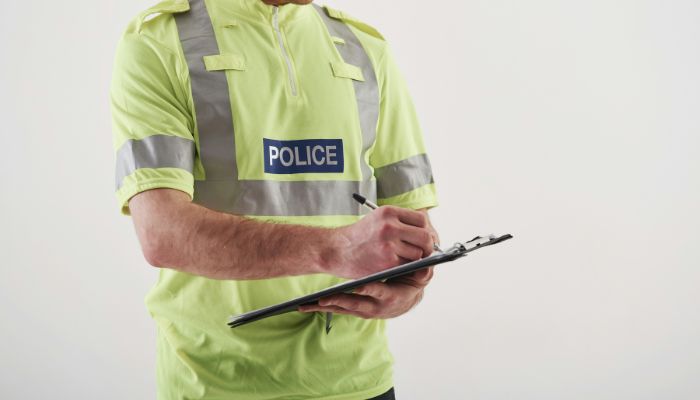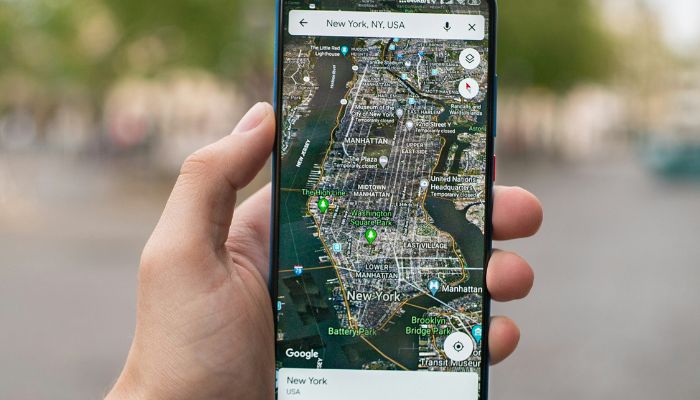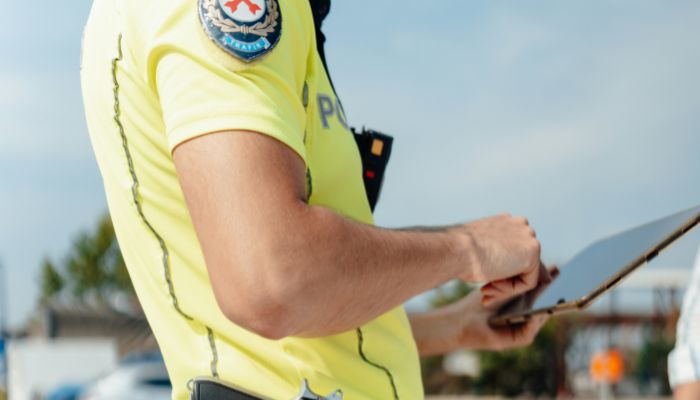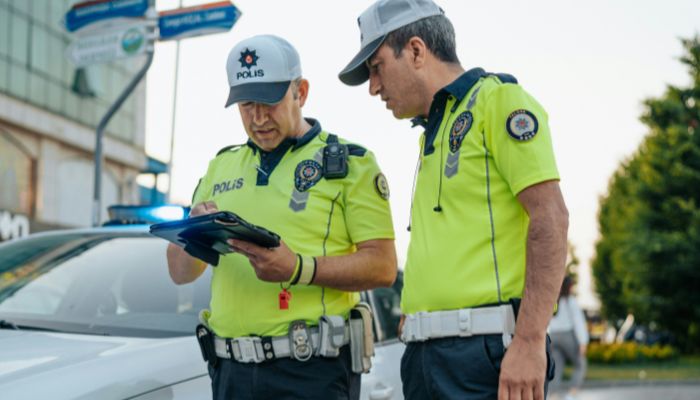
Yes, police can track your phone calls using various surveillance techniques such as call log analysis, intercepting conversations, and cell tower triangulation. These methods provide law enforcement with valuable insights into suspects’ activities and locations. However, strict legal frameworks, including the need for court warrants, regulate this practice to balance privacy rights and investigative needs.
Emergency situations and national security concerns may also permit broader surveillance powers. Understanding the technological and legal aspects of phone call tracking can provide a clearer picture of your privacy and security concerns. Explore further to discover the nuances and protections involved.
The Basics of Phone Surveillance
Phone surveillance is a method used by law enforcement agencies to monitor and track phone communications for investigative purposes. This practice involves various techniques such as analyzing call logs, intercepting conversations, and utilizing cell tower data. The data collected can provide critical insights into the activities and movements of individuals under investigation.
Privacy concerns are paramount when discussing phone surveillance. The balance between individual privacy rights and the needs of law enforcement is a contentious issue. Surveillance laws are in place to regulate how and when authorities can access phone data, aiming to protect citizens while allowing effective crime prevention. These laws stipulate the conditions under which call logs and other phone data can be legally obtained.
Cell tower data plays a crucial role in location tracking, enabling authorities to determine the approximate location of a phone at any given time. This data can be pivotal in criminal investigations, providing leads that might not be available through other means.
However, the use of such technology raises significant privacy concerns, as it involves the collection of detailed information about individuals’ movements and interactions. The balance between effective surveillance and respecting privacy remains a critical and evolving issue.
Legal Framework for Phone Tracking
Frequently, the legal framework governing phone tracking is a complex interplay between privacy rights and law enforcement needs. In the United States, surveillance laws such as the Electronic Communications Privacy Act (ECPA) and the Fourth Amendment to the Constitution provide the primary legal framework for phone tracking. These laws aim to balance the necessity for law enforcement to conduct investigations with individuals’ rights to privacy. Understand your legal rights against phone tracking to stay informed.
Law enforcement agencies must obtain court warrants to legally track phone calls. A judge issues these warrants based on probable cause, ensuring that the surveillance is justified and not arbitrary. This process protects data privacy and prevents the misuse of surveillance technologies.
Data protection regulations, like the General Data Protection Regulation (GDPR) in the European Union, impose strict rules on accessing and using personal data, including phone records. These regulations highlight the need to balance privacy rights with essential law enforcement activities.
Technology Behind Phone Call Tracking

Understanding the legal framework that governs phone tracking provides a foundation for examining the technological mechanisms that make such surveillance possible. Modern tracking methods rely heavily on cellular network infrastructure, utilizing cell towers to triangulate a device’s location. This location data is vital for law enforcement, as it can pinpoint a suspect’s movements in real-time or historically. Learn more about how these methods assist in spoofed phone number tracing by police.
Call monitoring involves intercepting communication signals between devices. This can be achieved through sophisticated software and hardware that capture call logs, text messages, and even the content of conversations. Encryption safeguards are a significant consideration; many modern phones use end-to-end encryption to protect the privacy of communications. However, law enforcement agencies often have tools to bypass or decrypt these protections under certain circumstances.
Data retention policies of telecom providers also play a crucial role. These policies determine how long call records, including metadata like time, duration, and participant numbers, are stored. This retained data can be accessed by police through legal channels to reconstruct communication histories.
Instances When Police Can Monitor Calls
Under specific legal conditions, law enforcement agencies can monitor phone calls to aid in criminal investigations. One of the primary circumstances is during emergency situations where immediate action is necessary to prevent harm or save lives. In such cases, police may gain access to call information without prior consent.
National security concerns also provide a basis for monitoring phone calls. This includes situations where activities are deemed a threat to the country’s safety. Agencies like the FBI or NSA might be granted broader surveillance powers under specific legislation to address these threats effectively.
Protecting Your Call Privacy

Safeguarding your call privacy involves a combination of technological measures and legal awareness. As digital communication becomes more ubiquitous, understanding how to protect your conversations is increasingly critical. Here are essential steps to ensure your call privacy:
- Implement Encryption Methods: Utilizing end-to-end encryption for voice calls can significantly enhance your privacy. Applications like Signal and WhatsApp employ robust encryption methods that make it harder for unauthorized parties to intercept and decipher your conversations.
- Understand Privacy Laws: Familiarize yourself with local and international privacy laws that govern the surveillance tactics and data retention policies of telecommunications providers. Knowledge of these privacy laws can help you understand your rights and the limitations placed on tracking tools used by law enforcement.
- Minimize Data Retention: Be mindful of the data retention policies of your service provider. Opt for services that prioritize minimal data retention, reducing the amount of information available that could potentially be accessed through legal or extralegal tracking tools.
Myths and Misconceptions About Phone Tracking

Many misconceptions surround the topic of phone tracking, often leading to unnecessary anxiety or a false sense of security.
- One common myth is that police can effortlessly track your phone’s location at any time without legal constraints. In reality, surveillance laws require law enforcement to obtain a warrant before accessing cell tower data for location tracking. This legal safeguard exists to balance investigative needs and privacy concerns.
- Another misconception is that turning off location services on your phone completely prevents tracking. While it does hinder some forms of location tracking, it does not negate the use of cell tower data, which can still triangulate a phone’s position. Additionally, some believe that encryption methods make their calls entirely private. Encryption greatly enhances security by protecting the content of communications. However, it does not safeguard metadata, such as the time and duration of calls, which can still be accessed under certain conditions.
- Lastly, people often think that using a burner phone ensures complete anonymity. However, repeated use of the same cell tower data and patterns in call behavior can eventually compromise this anonymity. Understanding these myths is crucial for informed discussions about privacy and law enforcement capabilities.
Conclusion
In conclusion, phone call tracking by police involves a complex interplay of legal, technological, and procedural elements. Law enforcement agencies operate under strict legal frameworks that govern the conditions under which phone surveillance can be conducted. While advances in technology have made phone call monitoring more accessible, safeguards exist to protect individual privacy. Debunking prevalent myths and misconceptions about phone tracking highlights the importance of understanding both the capabilities and limitations of modern surveillance methods.